Thando - a BIPOC Outdoor Mental Health Story
Content warning: This article discusses anxiety.
“As an immigrant, you experience a very real loss but there aren’t rituals or practices in the culture that recognize that,” said Thando, a 30-year-old grad student living in the Midwest. Exploring ambiguous loss and healing has helped her better understand her struggles with anxiety. Spending time outdoors hiking, camping and backpacking is also a part of that.
Thando is currently studying to become a mental health therapist. Her own mental health journey began as a child after she and her grandmother immigrated to the U.S. from South Africa, leaving her parents and first language behind. “Despite being uprooted from home and alienated from the things that help you feel seen and heard, you’re supposed to focus on the positive part of it,” she explained. “There wasn’t really space to feel sad or angry or other emotions about the migration experience.”
She’s lived with anxiety since before she had the words to describe it. “I was always kind of an anxious kid,” Thando recalled. “I was an overachieving perfectionist and a big people pleaser.” It wasn’t until she began working with a mental health therapist in her mid 20s that she realized what she had been feeling her entire life wasn’t normal. Thando attributes at least some of the anxiety she experienced to growing up in predominantly white neighborhoods and schools. ”I definitely think a lot of my anxiety stems from being so hyper conscious of being different, while simultaneously wanting to fit in, wanting to be accepted and wanting to belong,” said Thando.
She described her experience with anxiety as a “persistent ongoing feeling of distress or discomfort that isn’t necessarily linked to a specific trigger or source.” With it came additional anxiety about appearing overly anxious. So she learned to mask her symptoms around other people. “It’s important to know that you can’t tell who is anxious,” she added. “Just because I've learned a performance or to mask symptoms doesn’t mean I’m not suffering internally.”
“Nature is a big part of my survival tool kit.”
Her coping mechanisms include mindfulness practices and spending time outdoors. “Nature is a big part of my survival tool kit,” Thando reflected. “I have to feel connected to nature in order to feel healthy. It's one of the only times that I don't experience any anxiety.” For Thando, it’s also a respite for times when the fast pace and unsustainable demands of modern life feel like too much. “Sometimes I feel like normal life isn’t conducive to rest and balance and life in nature feels way more normal and safe to me,” she added. “When I’m camping or backpacking I'm able to focus on my basic and immediate needs and that’s really grounding for me.” Being outside and fully present in her body while hiking and biking has been a powerful coping mechanism for her personally. It’s something she wishes more Black people and other people of color could experience.
“One of the things I talk a lot about is how many people of color don't really have access to intergenerational knowledge when it comes to the outdoors,” said Thando. “A lot of the knowledge I have about camping has come from watching white friends camp and observing what they do.” She follows accounts like The Unpopular Black which highlight historical barriers to access and explain why African Americans are present at disproportionately low numbers in outdoor recreation. The ‘why’ comes back to intergenerational knowledge—it’s one of the main ways outdoor knowledge is shared and passed on.
If you have super outdoorsy white friends, there’s a large chance they learned to love the outdoors from their parents who learned from their grandparents and so on. An unbroken chain of white family members could safely and legally access public swimming pools along with local, state and national parks. Their whiteness enabled them to freely explore rural America and the mountain towns that have, more recently, become major outdoor tourism destinations. They weren’t affected by racism or Jim Crow segregation and they could safely road trip across America because gas stations would service them, hotels and restaurants would welcome them.
But take away some of those privileges and it’s a different story. Many Black Americans did not grow up with the same intergenerational knowledge and access to Nature. “As I’ve started camping and backpacking my family is like, is that safe?” said Thando. “At the same time, they see how much of a positive impact that has had on me and my mental health. “
Her goal is to help take some of the hidden knowledge and make it publicly available to improve access for BIPOC. She recently gave a presentation to a BIPOC outdoor group on how to camp in her state park system to include how to make a reservation and what to expect. “I wish the outdoors were more accessible to people of color,” said Thando. “We definitely experience mental health issues at a higher rate because of our experience living in this country. I also want us to continue to think about how we can enjoy nature and its healing properties while also giving respect to the people whose land this is.”
Q&A
What can the outdoor community do differently?
”I think that something that can create a lot of unnecessary stress is not educating people or not giving people enough information upfront about what to expect. This isn’t just people with mental health issues but if people don’t know what to expect at a campsite, will I be able to attend to my basic needs, who else is going to be there, how close will I be to them? Sometimes in the outdoors there’s the idea that you just have to figure it out and you just explore and if you feed people information it’s less valid which I think is a bit ableist. If you’re someone who has had an experience with violence or who has PTSD especially, being in a space where you’re unsure about your safety is a little scary. Some people have more stressors going into an environment like that. Clearly letting people know that there are ways to keep yourself safe or here’s how to access emergency services can be helpful.”
GET HELP TODAY
The National Suicide Prevention Hotline: 800-273-8255
Nacional de Prevención del Suicidio: 888-628-9454
Deaf & Hard of Hearing: 800-799-4889
The Trevor Project Suicide Prevention Hotline for LGBTQ+ Youth: 866-488-7386




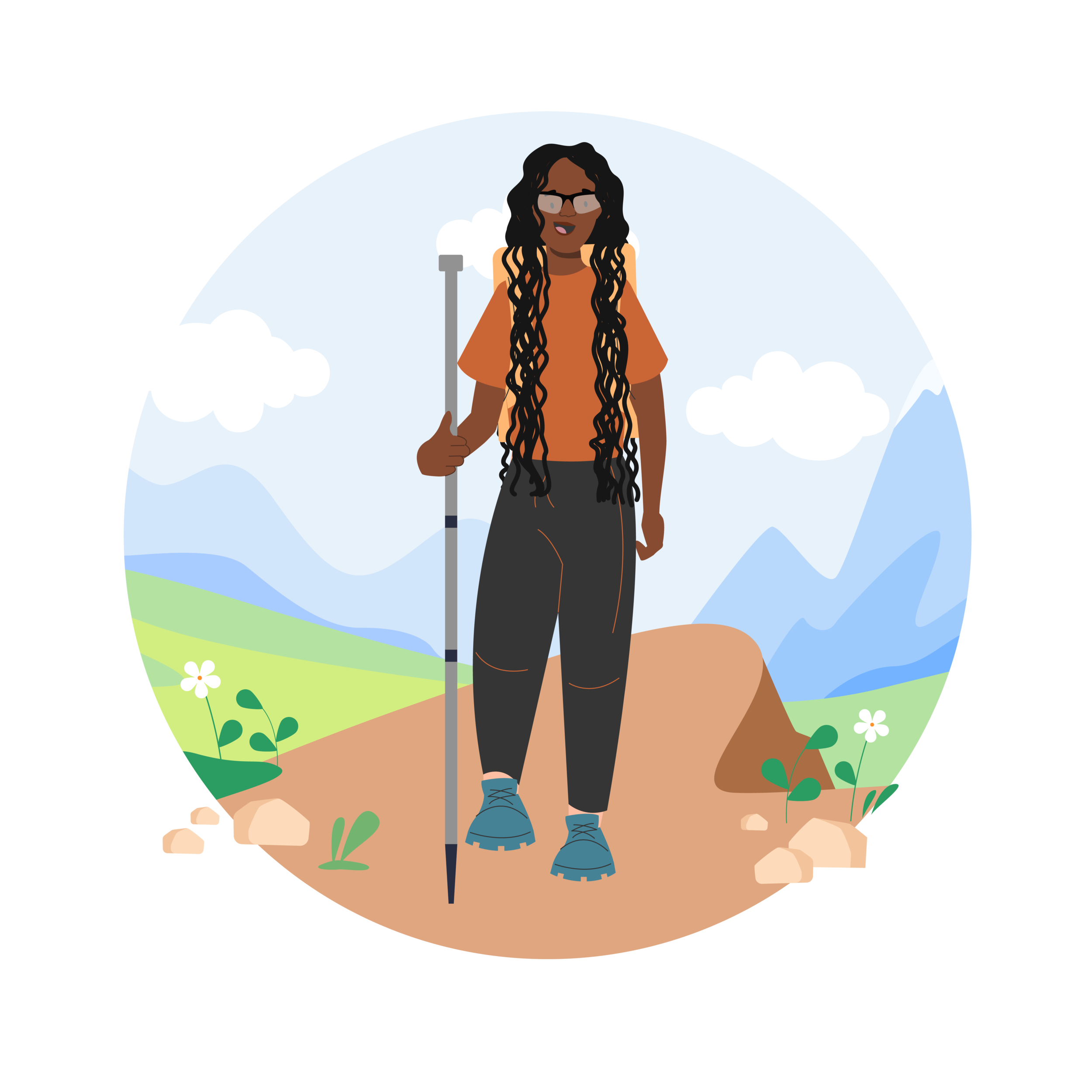
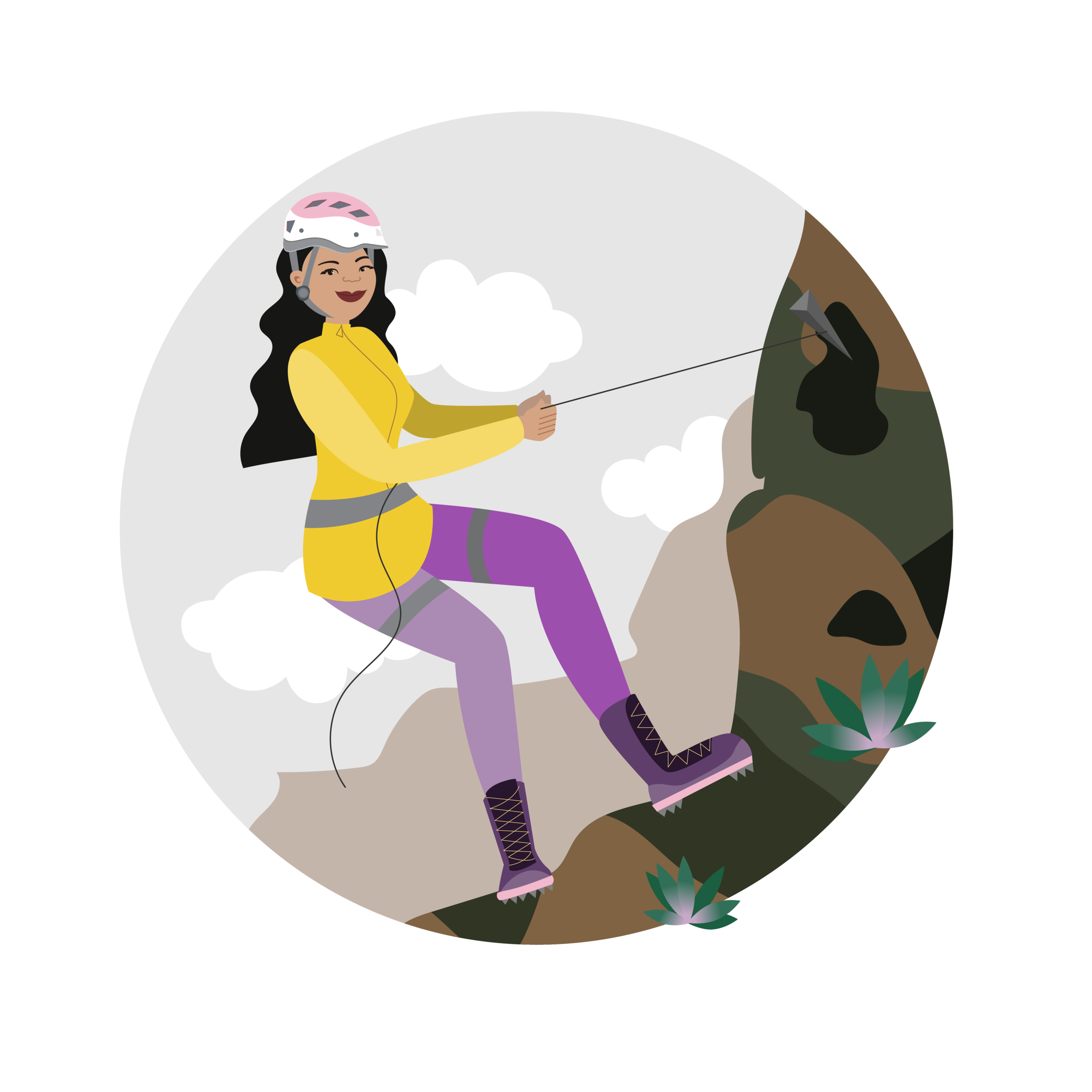

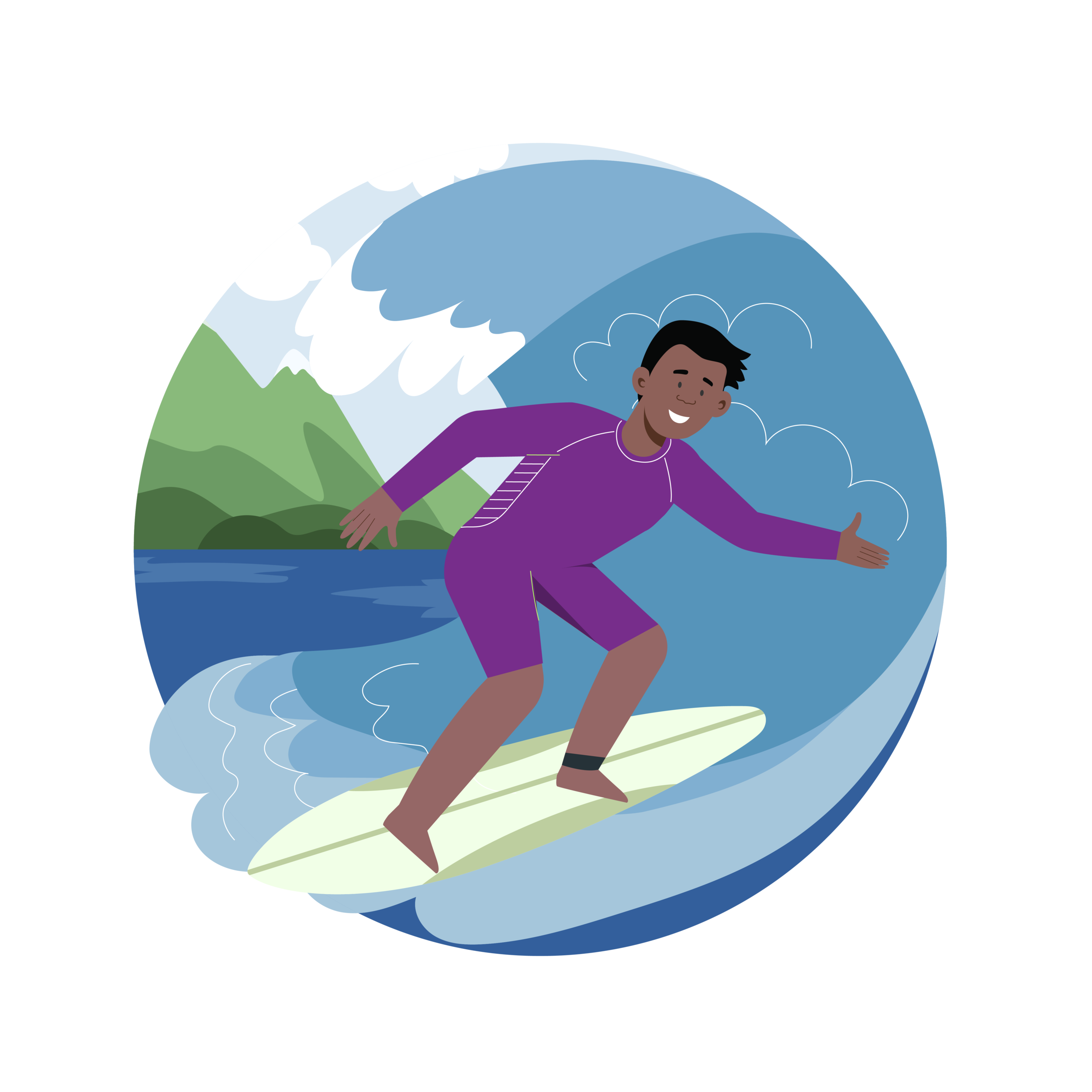
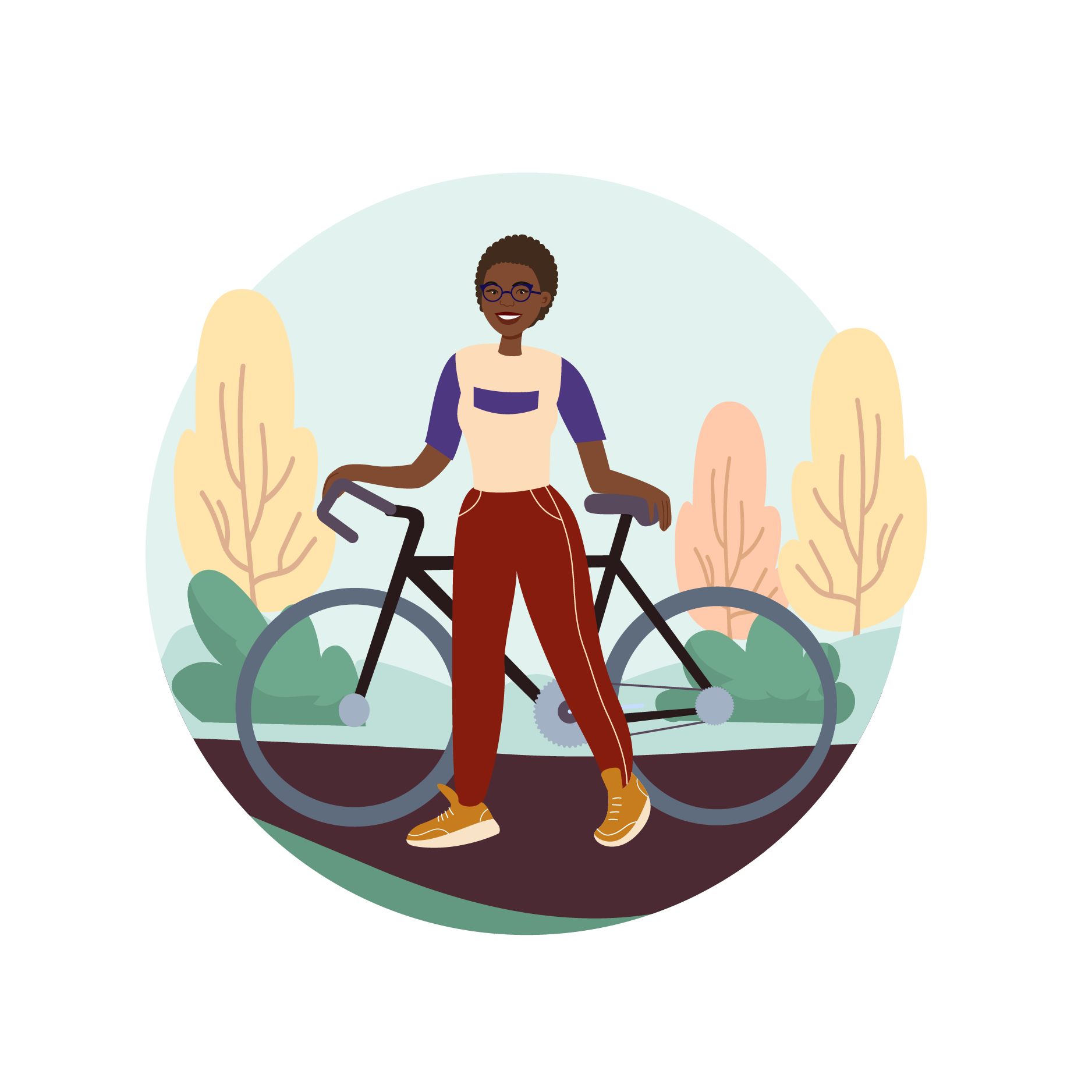
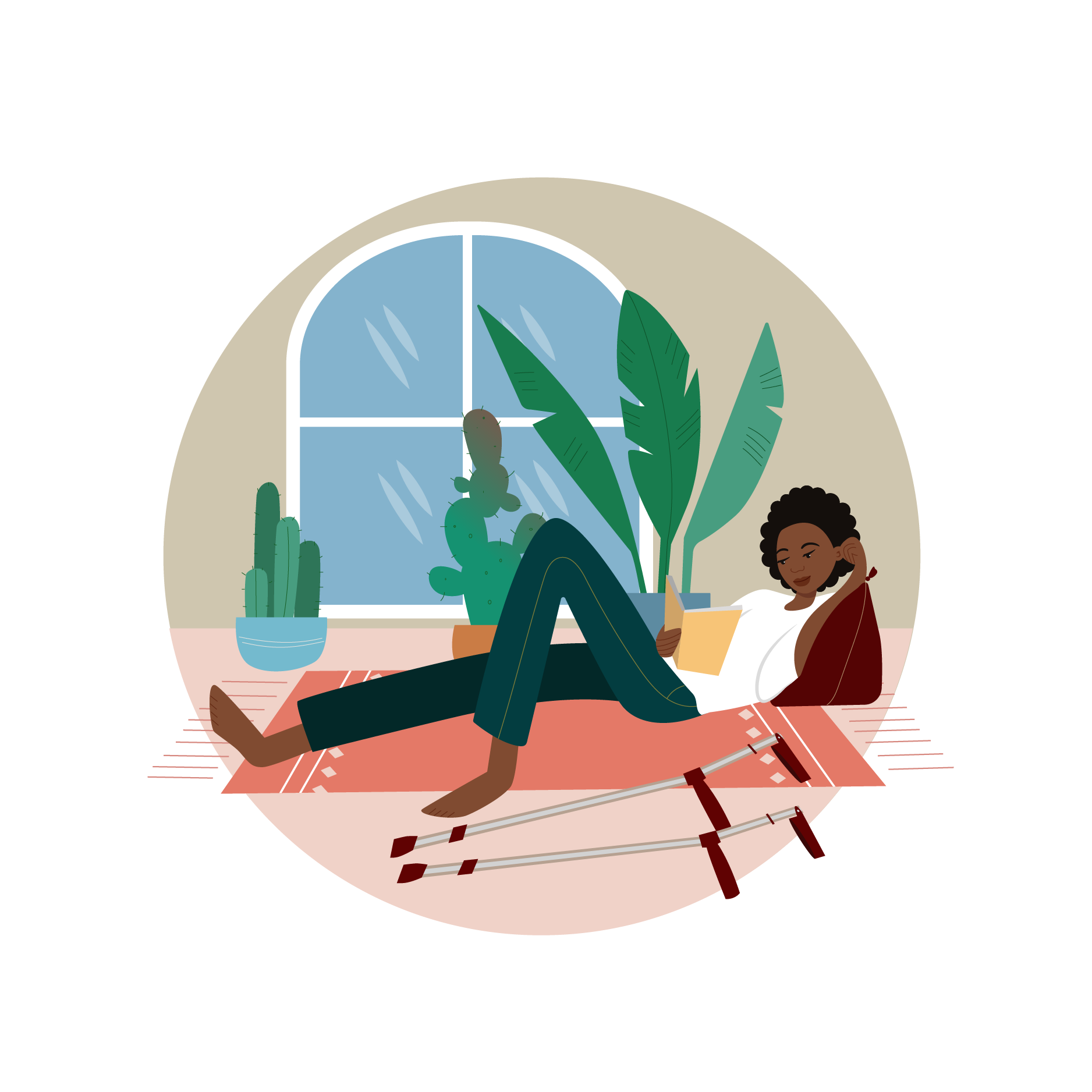








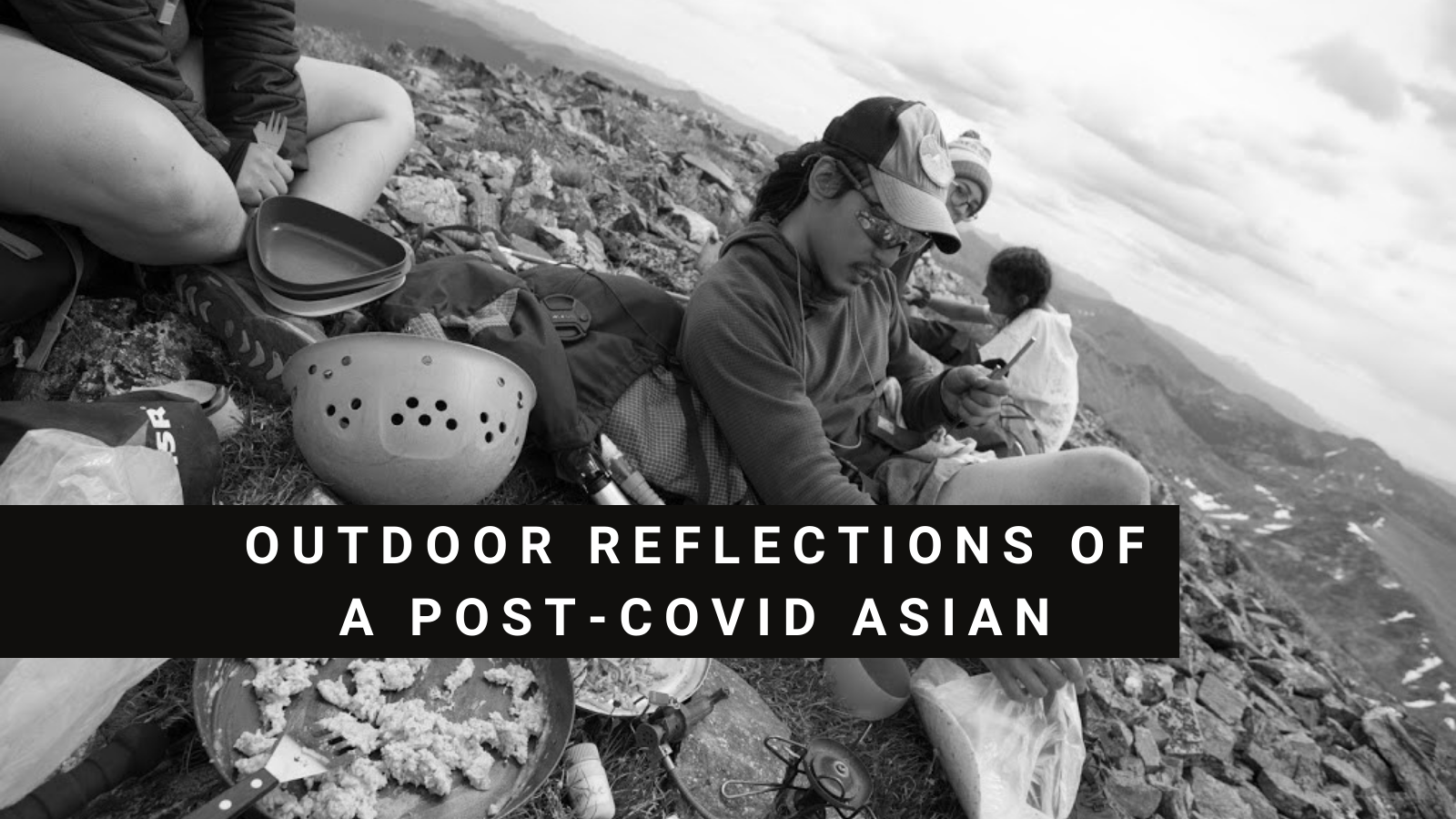

Dear Black men, when was the last time you went hiking? A week ago? Last summer? Never? Of the many hobbies people pick up, hiking is not always well-received in African American communities. I would like to change that. Some will say, “Does being Black matter?” Yes, without a doubt.